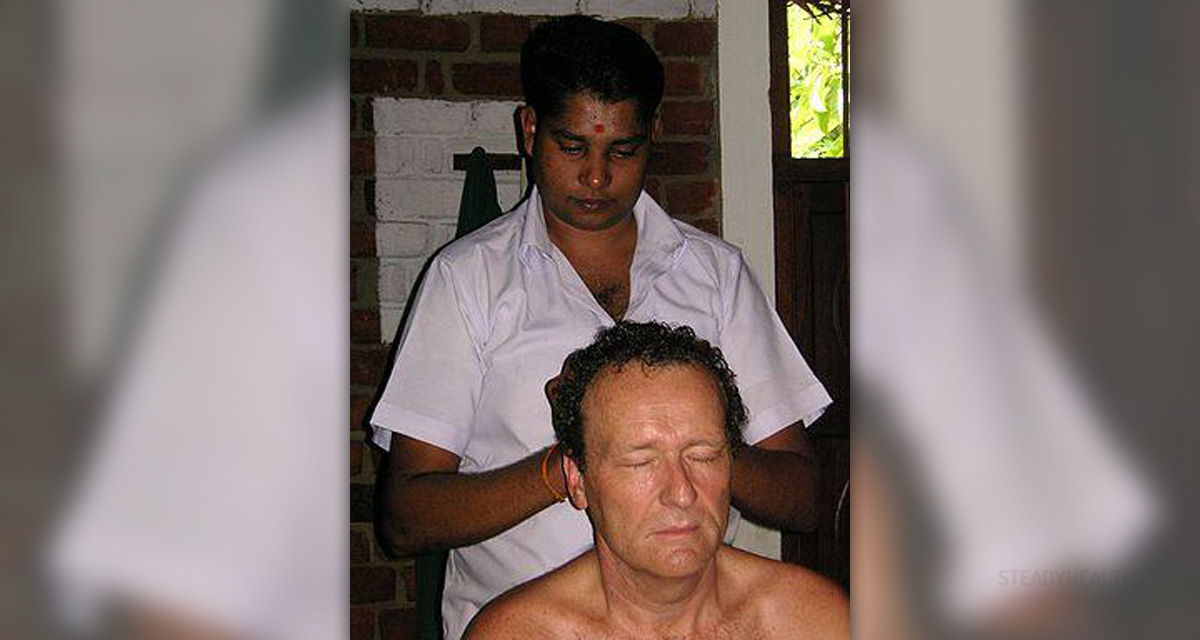
Ayurveda is a system of traditional medicine native to India. It is very old, dating from 5,000 years in the past, but it is still being practiced all over the world as a form of alternative medicine. Ayurvedic medicine is grounded in the theory of five elements from which everything in the universe is made. These elements are: earth, water, fire, air and ether. Ayurveda is primarily a preventive discipline which aims to maintain the balance in the body, mind and consciousness through proper drinking, diet, and lifestyle, as well as herbal remedies. Moreover, ayurvedic practitioners believe that each person has a distinct pattern of energy in the body, and the exact recipe for treatment or prevention of any kind of ailment, depends upon the specific combination of physical, mental, and emotional characteristics of a patient.
Ayurvedic view on cough
According to the ayurvedic practitioners, cough is normally a water disorder, caused by accumulation of water or mucus, or by irritation of the mucus membranes of the respiratory tract. Recognized symptoms of cough include runny nose, blocked nose, sneezing, sore throat, cough, congestion, headache and even low fever. According to ayurveda, cough is, just like cold, caused by weak digestion. Ayurvedic practitioners believe that mucus forms whenever the food isn’t fully digested. When this mucus reaches the respiratory system, it causes colds or coughs. However, they also recognize the exposure to cold or humid condition and cold air, as some of the possible causes of cough.
Ayurvedic treatment for cough
One of the most successful ayurvedic treatments for cough involves avoiding dairy and other mucus-creating foods. Ayurvedic practitioners will advise their patients to avoid ice, cold water and fruit juices, as well as hot spicy herbs, pepper or ginger. Moreover, patient will be prescribed anti-cough and demulcent herbs such as licorice, Marshmallow, comfrey root, shatavari and ash-wagandha.
One of the commonly prescribed medicines is prepared by using hot fat-free milk, which is boiled with a piece of crushed ginger. Similar effect is accomplished by mixing half a teaspoon of turmeric powder with milk.
Patient should avoid eating bread, meat, nuts and pastries, as well as the sweet fruit juices, or juicy fruits such as papaya or apple. A special diet should include light and warm dishes such as boiled vegetables, vegetable soups and dry fruits. Spiced herbal teas and other warm drinks are also very beneficial. Patient should also modify some of the habits by avoiding sleeping during the daytime, and avoiding cold showers and exposure to winds, fans, and air conditioners.
- medlineplus.gov/druginfo/meds/a682065.html
- www.nhs.uk/medicines/perindopril/
- Photo courtesy of Ch-info.ch by Wikimedia Commons: commons.wikimedia.org/wiki/File:Ayurweda_kopfmassage.JPG


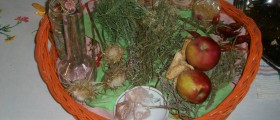
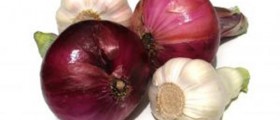

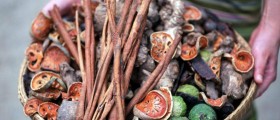

-Help-Treat-Your-Cold-Or-Flu_f_280x120.jpg)
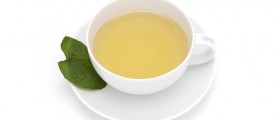


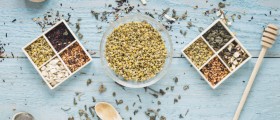
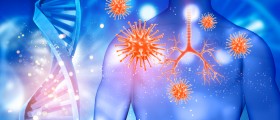


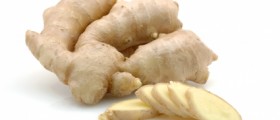
Your thoughts on this
Loading...